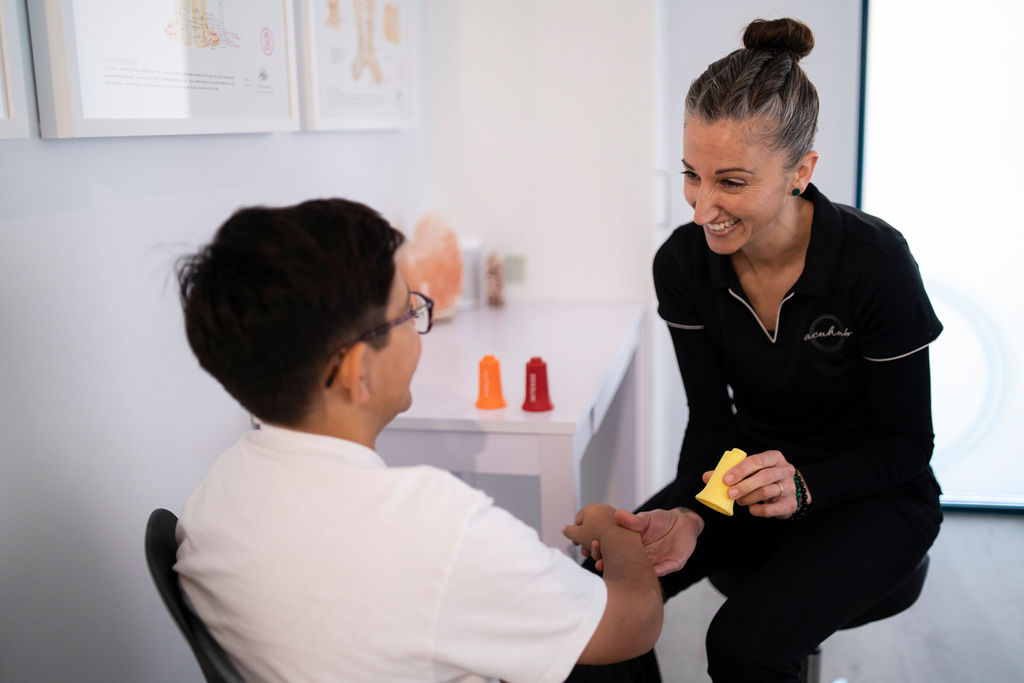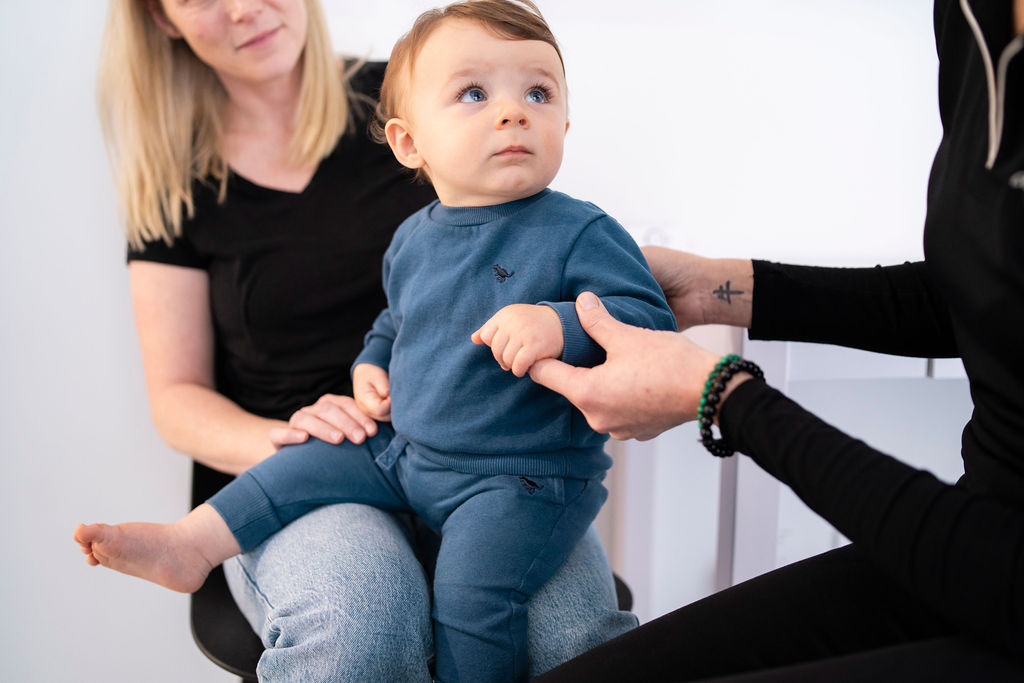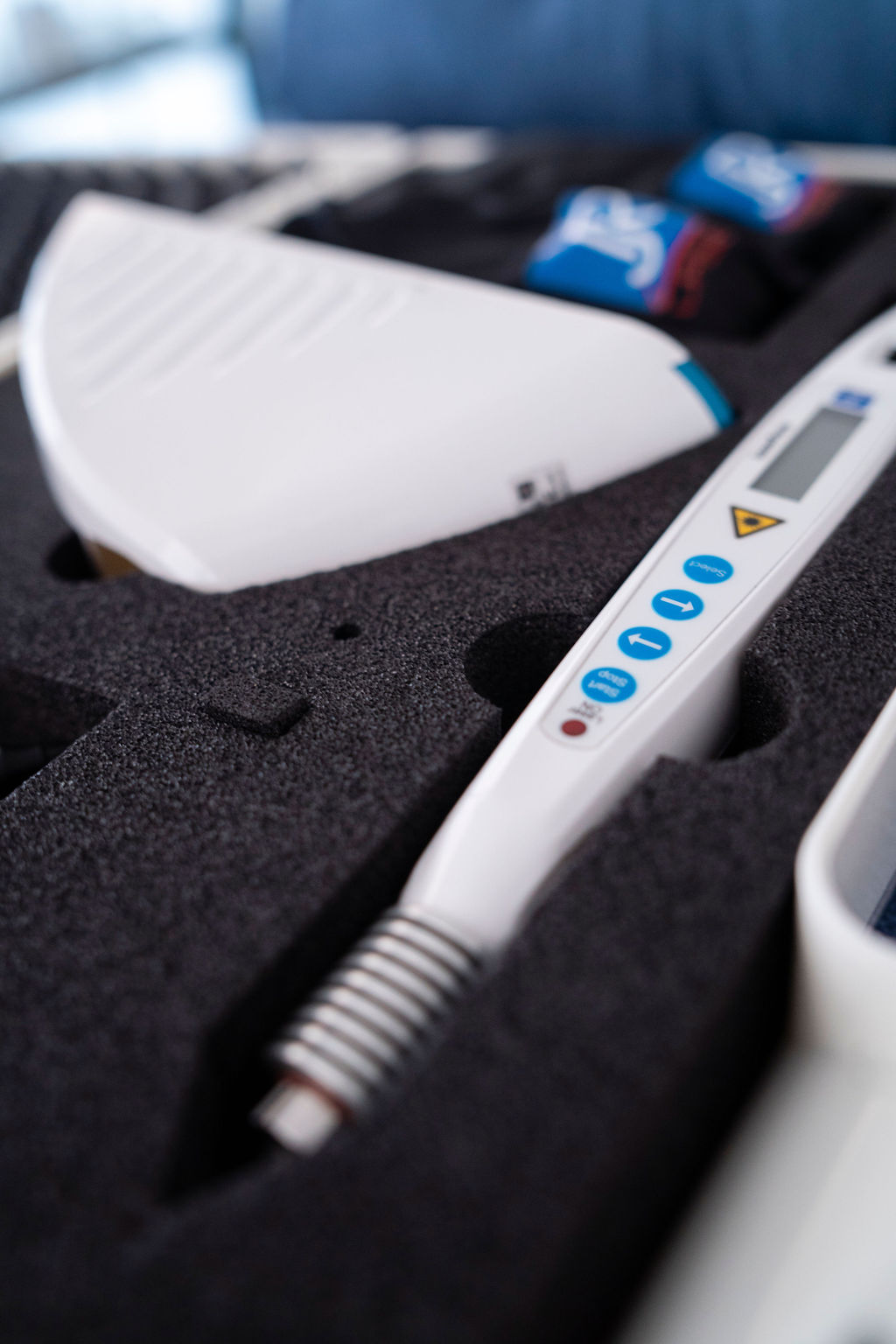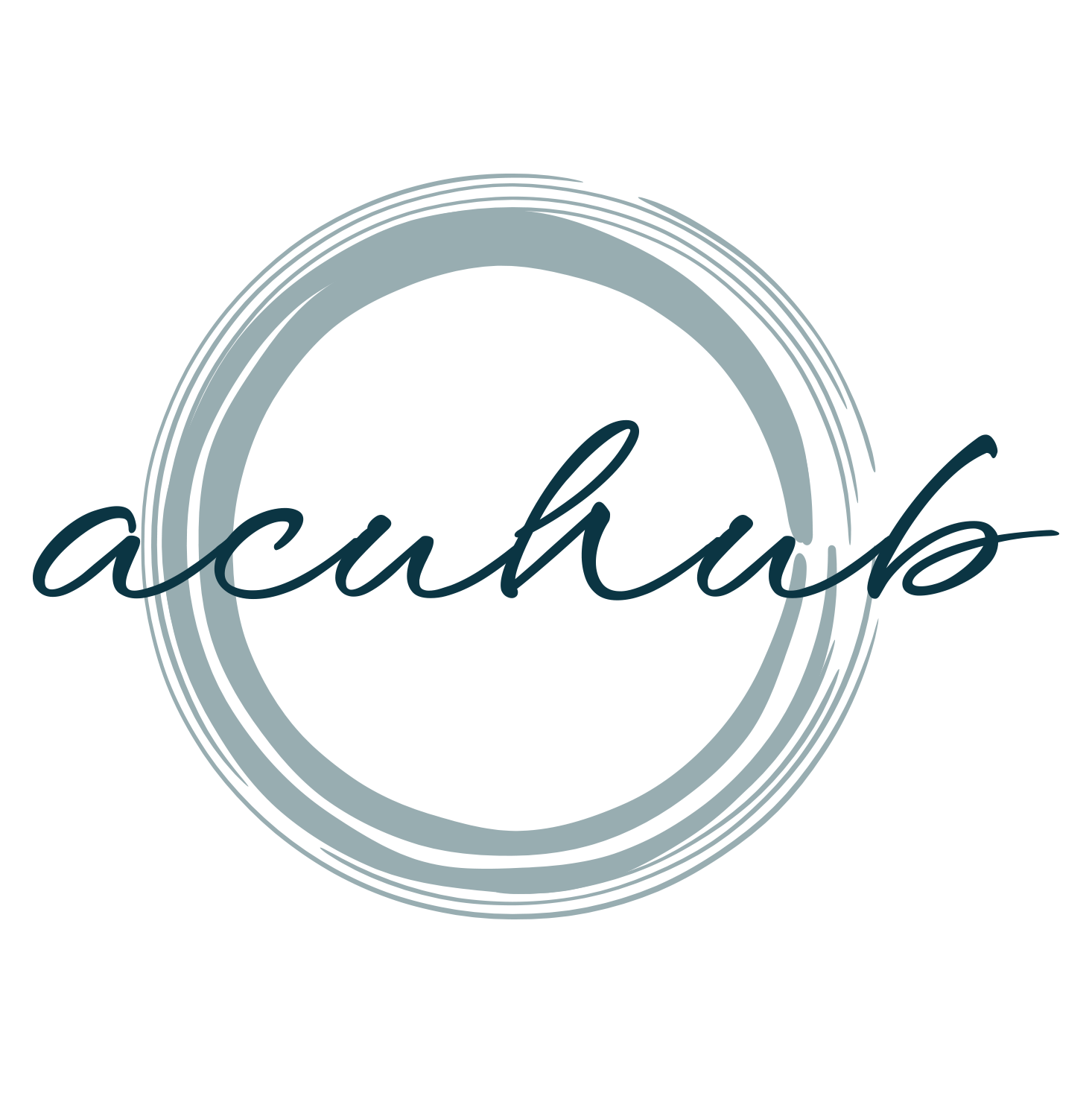THE ULTIMATE GUIDE TO ACUPUNCTURE FOR CHILDREN AND TEENS
top 10 things parents should know about paediatric acupuncture



CONTENTS
1. What is paediatric acupuncture?
2. How is paediatric acupuncture different to regular acupuncture?
3. How can paediatric acupuncture help children and teens?
4. What sort of conditions are treated with paediatric acupuncture?
5. Does paediatric acupuncture always involve needles?
6. How long does it take to see results from paediatric acupuncture?
7. What will happen in my child’s paediatric acupuncture session?
8. How do I prepare my child or teen for their acupuncture session?
9. How do I care for my child or teen after their acupuncture session?
10. Why trust me with your child’s health?
What is paediatric acupuncture?
Acupuncture is a branch of Traditional Chinese Medicine involving the stimulation of acupressure points along the body’s meridians. It has been a part of Traditional Chinese Medicine for centuries, but it wasn’t until recent decades that paediatric acupuncture became widely recognised as a safe and effective evidence-backed treatment for children and teens. Paediatric acupuncture promotes healing and balance in the body’s energy systems with the use of tiny needles or other painless non-invasive tools.
How is paediatric acupuncture different to regular acupuncture?
Acupuncture for children is different from adult acupuncture. Children’s bodies are still developing and shouldn’t simply be treated as small adult bodies. Paediatric acupuncturists use a variety of techniques to ensure that the child feels comfortable and relaxed during treatment, such as using fewer needles, shorter treatment times, gentle tapping instead of insertion or pain-free alternatives like shonishin tools, which do not penetrate the skin.
How can paediatric acupuncture help children and teens?
Paediatric acupuncture has the potential to enhance the body’s natural healing process by stimulating the production of endorphins in the brain. In addition, it can help to calm the sympathetic nervous system, leading to a reduction in stress and anxiety levels. By altering pain signals to the brain, acupuncture can help alleviate discomfort and promote relaxation throughout the body. Acupuncture can also have physical benefits, such as relaxing muscles, tendons, and ligaments, as well as increasing blood flow and oxygenation to the tissues. By promoting overall well-being, acupuncture can reduce the need for medication, which can help minimise potential side effects and improve overall health outcomes.
What sort of conditions are treated with paediatric acupuncture?
Paediatric acupuncture can be used to support children and teens living with a variety of conditions, including allergies, asthma, digestive issues, anxiety, depression, sleep disorders, and chronic pain. Acupuncture can also support people with musculoskeletal issues, such as sports injuries, back pain, and joint pain, and can be used to help manage symptoms of a range of neurological and mental health conditions. In addition, paediatric acupuncture can be used to support the immune system and metabolism.
Does paediatric acupuncture always involve needles?
In addition to traditional needle acupuncture, there are several variations of paediatric acupuncture that do not use needles. One such variation is laser acupuncture, which involves the use of a low-level laser device that stimulates acupressure points without the use of needles. While laser acupuncture is a good option for children, our preferred method of needle-free acupuncture is acupressure or shonishin. Acupressure and shonishin apply pressure to specific points or areas on the body to stimulate healing and improve overall health. This technique is often used in combination with other therapies to provide a more comprehensive approach to healing.
How long does it take to see results from paediatric acupuncture?
The time it takes to see results from paediatric acupuncture can vary depending on several factors, including the child’s age, overall health, and the specific condition being treated. Generally, some children may experience improvement after just one acupuncture session, while others may require multiple sessions before seeing significant results. In some cases, children may experience immediate relief from symptoms such as pain or anxiety. However, for chronic conditions, it may take several sessions of acupuncture over a period of weeks or months to see long-term improvement. The effects of acupuncture are cumulative, meaning that each session builds on the previous one. Over time, as the body responds to the treatment, children may experience improved sleep, reduced stress and anxiety, and better overall health and well-being. It is important to note that the effects of acupuncture are also influenced by lifestyle factors, such as diet, exercise, and stress levels. Parents can work with their acupuncturists to develop a treatment plan that includes lifestyle modifications to help enhance the effectiveness of acupuncture and promote overall health and wellness.
What will happen in my child’s paediatric acupuncture session?
As a new patient, your child or teen will undergo an initial consultation. During this confidential and comprehensive discussion, we will delve into your child’s health and wellbeing history to ensure we have a clear understanding of their condition and present needs. This initial consultation will also include the first treatment if you and your child are comfortable proceeding. It is common for children to be apprehensive within the clinical setting so it is very important for the practitioner to gain the child and parent’s trust prior to commencing any form of treatment. After the initial consultation, we will work together to develop a personalised treatment plan that may also include herbal remedies, dietary and lifestyle advice, and additional acupuncture treatments. It is important to note that the effects of acupuncture are cumulative, which is why follow-up treatments are generally recommended.
How do I prepare my child or teen for their acupuncture session?
Preparing a child or teen for an acupuncture session can help make the experience more comfortable and effective. Here are some tips for preparing your child for acupuncture:
- Explain the process: It is important to explain to your child what acupuncture is, how it works, and what to expect during the session.
- Address fears and concerns: Some children may have fears or concerns about acupuncture, such as fear of needles or discomfort. It is important to address these concerns and provide reassurance about the variety of treatment types that are available.
- Choose the right practitioner: It is important to choose a qualified and licensed acupuncturist who has experience working with children. A good practitioner will be able to explain the process and make your child feel comfortable and at ease.
- Dress comfortably: Your child should wear loose, comfortable clothing to the session, as acupressure points may be located on different parts of the body.
- Relaxation techniques: You can teach your child relaxation techniques, such as deep breathing or visualisation, to help them feel more relaxed during the session.
By taking these steps, you can help prepare your child for acupuncture and make the experience more comfortable and effective.
How do I care for my child or teen after their acupuncture session?
After a paediatric acupuncture session, it is important to care for your child to ensure they receive the full benefits of the treatment. Here are some tips for caring for your child after a paediatric acupuncture appointment:
- Encourage rest: Your child should rest and avoid strenuous activities for the rest of the day.
- Stay hydrated: It is important for your child to drink plenty of water after the session to help flush out toxins and maintain hydration.
- Monitor for discomfort. Although rare, some children may experience mild side effects such as dizziness or nausea after acupuncture. If your child experiences any side effects, notify their acupuncturist or family doctor.
- Follow any specific instructions: The acupuncturist may provide specific instructions for caring for your child after the session, such as avoiding certain foods or activities. Be sure to follow these instructions carefully.
- Monitor progress: Take note of any changes or improvements in your child’s symptoms or overall health after the acupuncture session. This information can be helpful for future treatment planning.
By following these tips, you can help ensure that your child receives the full benefits of their paediatric acupuncture treatment.
Why trust me with your child’s health?
I am a certified acupuncturist with training in paediatric acupuncture and a mother of three boys. This means I have seen the positive results of acupuncture in both clinical settings and at home. I am aware of the unique needs of children and teenagers, and have the expertise to provide safe and effective treatment that is tailored to their specific needs. My experience and training allow me to create a comfortable and relaxing environment that is conducive to healing and promotes overall well-being. Whether treating acute or chronic conditions, I work closely with families to ensure that their child receives the best possible care and achieves the best possible outcome.

By Kirsty
Kirsty is the owner and head practitioner at Acu Hub in Dunsborough. She uses Traditional Chinese Medicine and other evidence-based methods to promote wellness and improve people’s quality of life.
